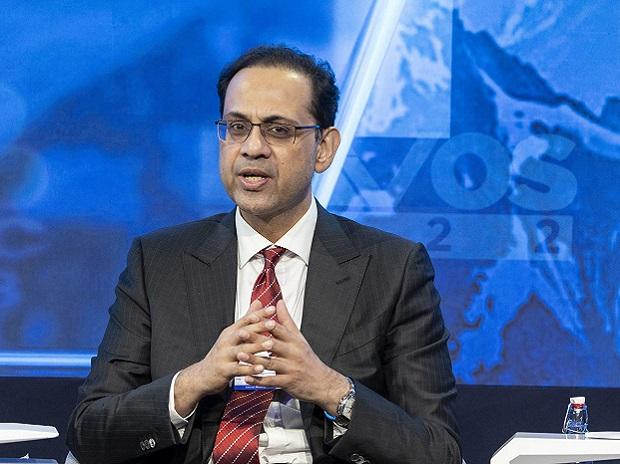[ad_1]
“You will see in three months on our website and our web app, an option, you click it, and we will never bother you again. You have the right to be forgotten with us,” he said.
Bajaj said that the company issues 3 million loans a month and gets 1,500 complaints per quarter.
According to Bajaj, the company receives 15 per cent of its business through outreach via telemarketing calls. The company is working on reducing this figure to 10 per cent and, eventually, zero.
The telecom regulator said that mobile operators need to ensure that temporary headers are deactivated immediately after the time for which such headers were created. TRAI issued new directions to providers to stop the misuse of headers and message templates and curb unauthorised promotions using telecom resources.
“Access providers have been directed to bar all telemarketers, who are not registered on the DLT platform from handling the message template scrubbing and delivery of messages to recipients through Access Providers’ network,” read the TRAI note.
Following this, Business Standard reported last month that the telecom service providers (TSPs) have begun to monitor and prevent spam calls since May 1, with the help of an artificial intelligence and machine language-based system.
Touted as the first big technological measure against the growing menace of unsolicited commercial communications, all TSPs confirmed to Trai that they have rolled out the AI/ML tool. The filter system works on the distributed ledger technology (DLT) platform used by TSPs, and is set to go for incremental updates, rules for which will soon be released, officials told Business Standard.
[ad_2]
Source link



